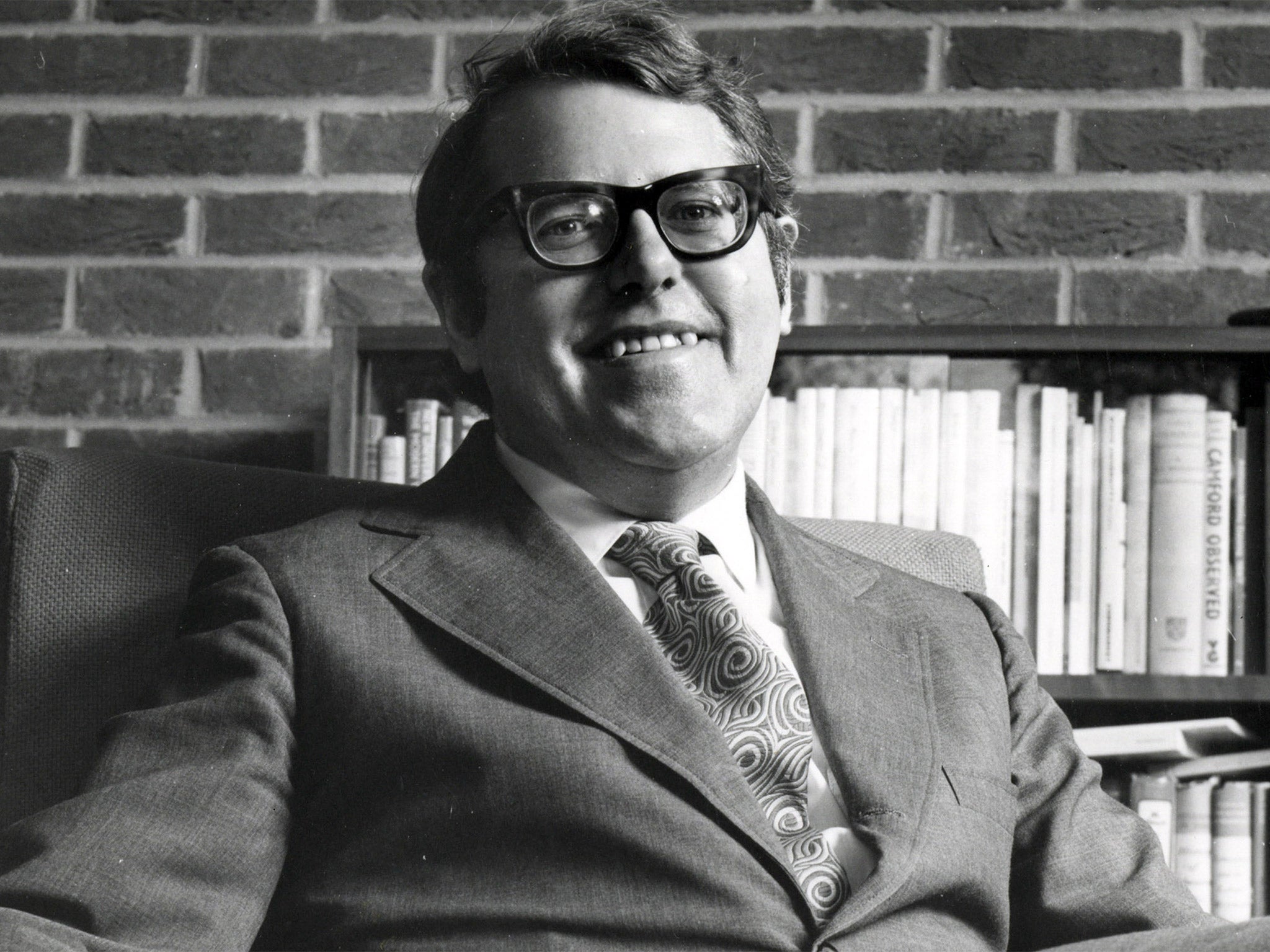Lord Briggs: Churchill aide and code-breaker dies aged 94
Adult education pioneer, 94, leaves a legacy of classic works

Your support helps us to tell the story
From reproductive rights to climate change to Big Tech, The Independent is on the ground when the story is developing. Whether it's investigating the financials of Elon Musk's pro-Trump PAC or producing our latest documentary, 'The A Word', which shines a light on the American women fighting for reproductive rights, we know how important it is to parse out the facts from the messaging.
At such a critical moment in US history, we need reporters on the ground. Your donation allows us to keep sending journalists to speak to both sides of the story.
The Independent is trusted by Americans across the entire political spectrum. And unlike many other quality news outlets, we choose not to lock Americans out of our reporting and analysis with paywalls. We believe quality journalism should be available to everyone, paid for by those who can afford it.
Your support makes all the difference.Lord Briggs, one of Britain’s leading historians and adult education pioneers, has died aged 94.
Lord Briggs of Lewes led a long and varied life, having checked Winston Churchill’s book proofs for historical accuracy and worked alongside code breaker Alan Turing at Bletchley Park during the Second World War.
He passed away peacefully on 15 March at his home in Lewes, East Sussex.
After studying at Yorkshire’s Keighley Grammar School, Asa Briggs studied at Cambridge University, aged 16.
“You are just a baby, Briggs, but war is coming and you should take your degree before you put on a uniform,” his tutor reportedly told him.
On completing his degree he joined the intelligence corps and in 1943 the call came from Bletchley Park, where he would join Alan Turing’s code-breaking team, who had managed to crack Germany’s Enigma encryption machines.
The team he joined worked mainly on signals traffic in the Mediterranean, using the “Bombes” – the proto-computers devised by Turing – which allowed them to read the ciphers and military signals broadcast by the enemy.
He was also involved in the deceptions to dupe the Germans into thinking the D-day invasion would take place in areas other than Normandy.
Although he was a lifelong Labour Party supporter, Briggs turned down an offer from Hugh Dalton to stand for a safe seat in the 1945 landslide election, preferring to resume his academic career.
At Worcester College, Oxford, he was elected fellow and helped Churchill with his book History of the English Speaking Peoples.
He would become celebrated as a specialist of the Victorian era, writing numerous works including The Age of Improvement and the trilogy Victorian People, Victorian Cities and Victorian Things.
All of them celebrated entrepreneurial achievements of 19th-century Britain and paid tribute to the working people who constructed the cities and fuelled the factories.
His career as an academic would take him to Princeton in the US, Leeds University and then Sussex University, which appointed him as their second Vice Chancellor.
In 1976, he was created a life peer as Baron Briggs of Lewes and two years later he was made Chancellor of the Open University and played a leading role in its development.
Lord Briggs also specialised in broadcasting, publishing a five-volume history on the subject. His academic output did not diminish with age, and he wrote four books since his 90th birthday, including a collection of poetry.
He leaves behind a wife, Susan, two sons, two daughters, and 14 grandchildren.
Join our commenting forum
Join thought-provoking conversations, follow other Independent readers and see their replies
Comments